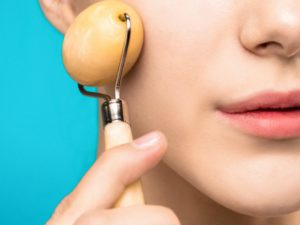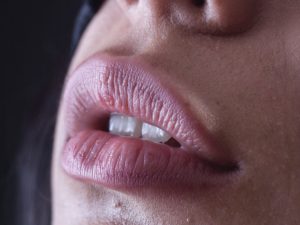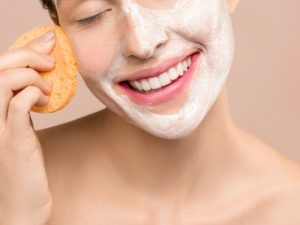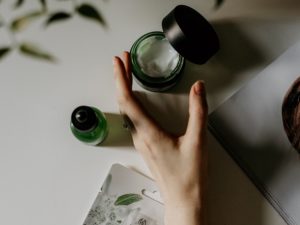Hydrating vs Moisturizing in Skincare -The Important Differences
It’s time to clear up the difference between hydration vs moisture. While they have similar aspects and properties, knowing the differences can mean the difference between clear, healthy skin and sensitive, acne-prone skin. Hydrating and moisturizing products serve different purposes in the skin, both vital.
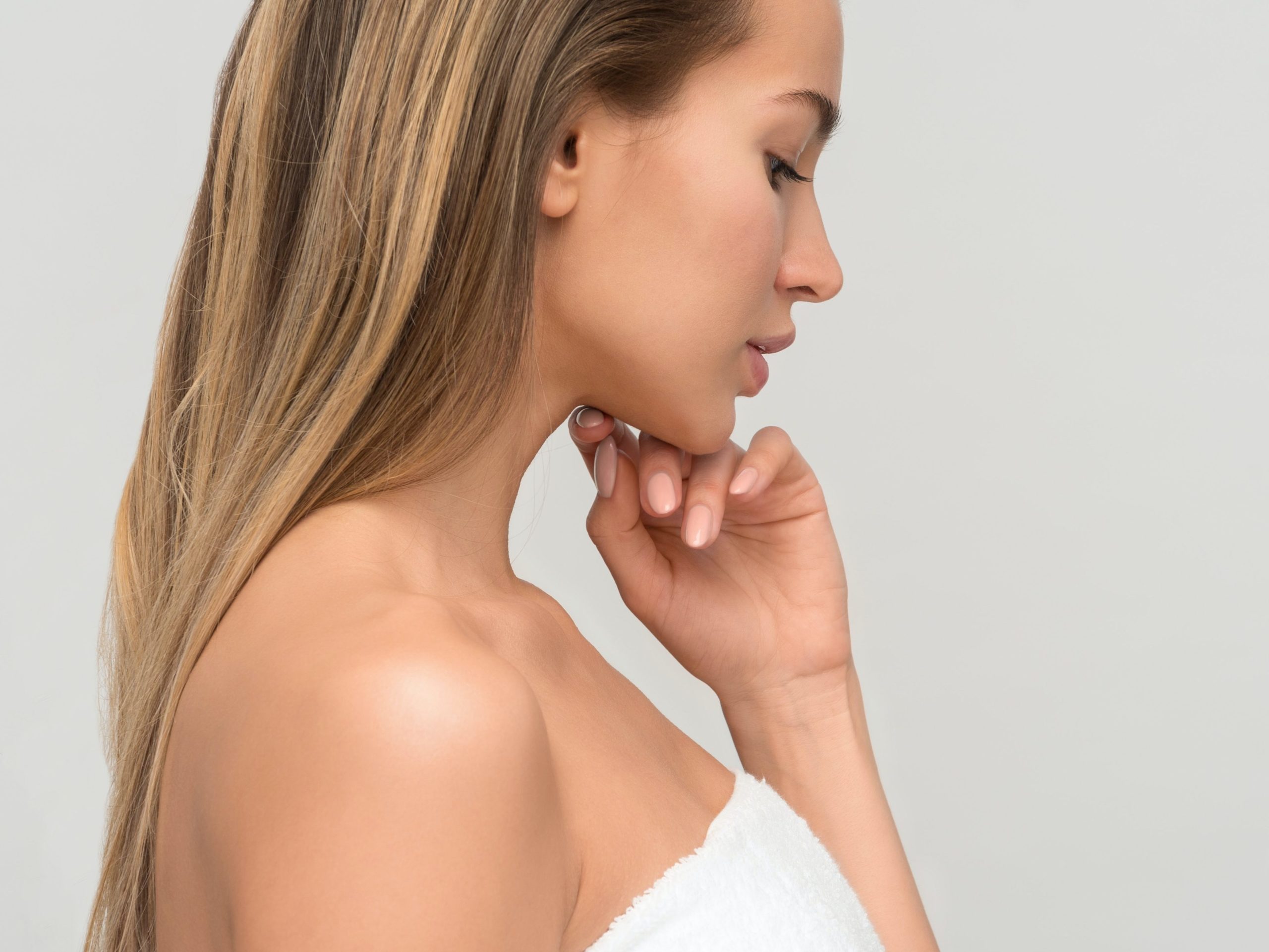
I mean, skin can be oily while being dehydrated, or skin can seem dry due to having too much of one skincare ingredient that is supposed to be helpful. Understanding the chemistry behind hydrating ingredients and moisturizing ones can be just the knowledge you need to have nice, healthy skin today.
What is Hydration in Skincare
Hydration is imparting or introducing water into the skin. In skincare, products that act to increase the water levels of the skin count as hydration.
What is Moisture in Skincare
Moisturizers are more of a sealing ingredient that is necessary to use with hydrating ingredients. The purpose of ingredients known as moisturizing is to prevent water loss and seal in ingredients, protecting the skin by doing so.
Hydrating vs Moisturizing
The main difference between these two is their purpose. One (hydration) will increase the hydration of the skin while the other (moisturizers) will seal and lock in that hydration. It is important to use both in skincare. If you only use moisturizers, you may create dehydrated skin that is flakey, sensitive, and wrinkle-prone. On the other hand, if you only use hydration, your skin will be prone to water loss and may become oily to compensate for a lack of moisture.
Products that act solely as hydrating products will be more water-based and go on the skin early and moisturizing products tend to be thicker and go on the skin after hydration to seal in water.
The good news is that many moisturizers themselves are made with hydrating and moisturizing ingredients, but keep reading to learn which ingredients to look out for!
Hydrating Ingredients
Water, aloe vera, green tea, essences, and many herbal extracts found in skin care products are hydrating. Water, first and foremost, is the universal solvent and is usually the base for hydrating products. Additionally, many extracts are also very water-based and useful in hydration.
Humectants are also great for hydration, those they act by drawing in water. Glycerin, hyaluronic acid, peptides, and other amino acids act as humectants by drawing in water deeper into the skin.
Some acids can act as humectants, such as glycolic acid, lactic acid, ascorbic acid, mandelic acid, and tartaric acid. Sugar molecules can also act as humectants, which can be anything ending in ‘-ose’ or even a sugar substitute such as xylitol.
Moisturizing Ingredients
Moisturizers are used to keep the hydration, creating a barrier that keeps the skin moist. Depending on your skin type, you can reach for a thinner moisturizer or a thicker one.
A thicker moisturizer will have more occlusive ingredients that provide a stronger seal. The strongest occlusive ingredients are definitely petroleum based, like vaseline. That is why slugging is used as a last step in skincare to seal the hydration effectively.
thinner moisturizers have emollients, which are thinner, and silky, and do create a seal on the skin without the weight.
Dimethicones, oils, and petroleum-based products are moisturizers in that they help seal in hydration. Oils can have different weights and thicknesses, as can silicones or dimethicones. Jojoba, argan, and rosehip oils are great for sealing in moisture, plus as we know oil and water don’t mix so you can be sure that they will keep water in.
Something with ceramides can help seal gaps between skin cells, providing moisture. Beeswax and lanolin are emollients that seal well. In general, emollients smooth over the skin, softening the cells and providing support.
Some alcohol can be moisturizing too. Fatty alcohols such as cetyl, stearyl, or cetearyl alcohol, can be super moisturizing and thick. Make sure they’re not propyl alcohol, denatured alcohol, or rubbing alcohol, as these evaporate off the skin and may even strip the skin of water.
The Takeaway
It is important to know the difference between hydration and moisture to help support the skin accurately. Both are needed for healthy skin, so it’s important to know when to use them in a skincare routine. Learn what ingredients are hydrating ingredients, which count as humectants, and which ingredients are more moisturizing.
If you want, you can look for moisturizers with hydrating ingredients to avoid having more skincare steps.
Remember that health comes from within. Many skin concerns can be helped with a really good skincare routine, but also with what you eat. What you consume becomes the building blocks for your body to repair, maintain, survive, and thrive. Eat well-balanced meals, exercise when possible, and practice habits that promote emotional, mental, and spiritual wellbeing (self-care is not selfish).
Take your health into your hands today and remember the microbiota in the gut! The microbiome of the human gut can affect muscle, metabolism, and even mental wellbeing! There is even a system of microbiota on the skin that can be responsible for defending and protecting the skin or be the reason you have sensitive, dry, oily, or acne-prone skin.
Get all the resources you need about microbiota health for free here today!
